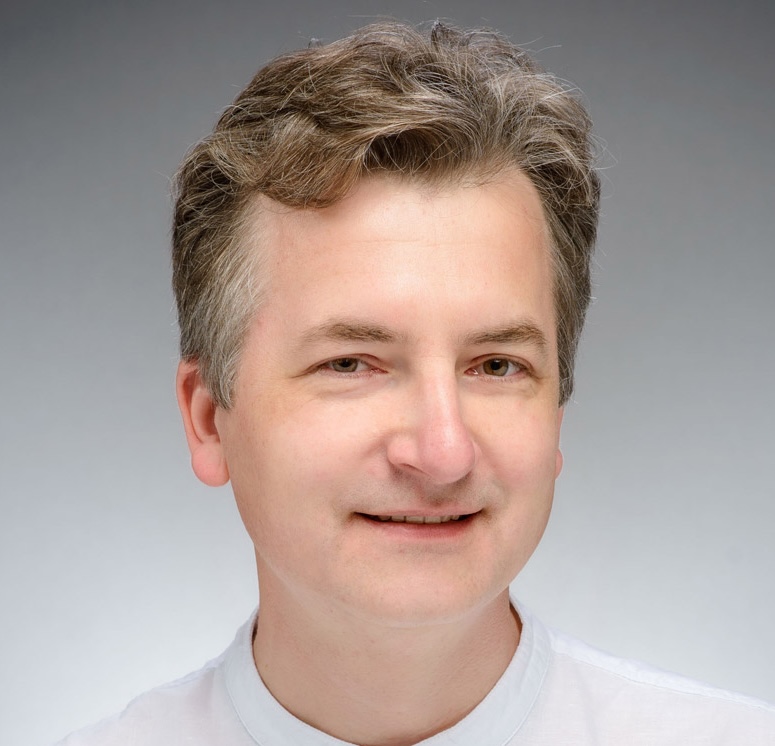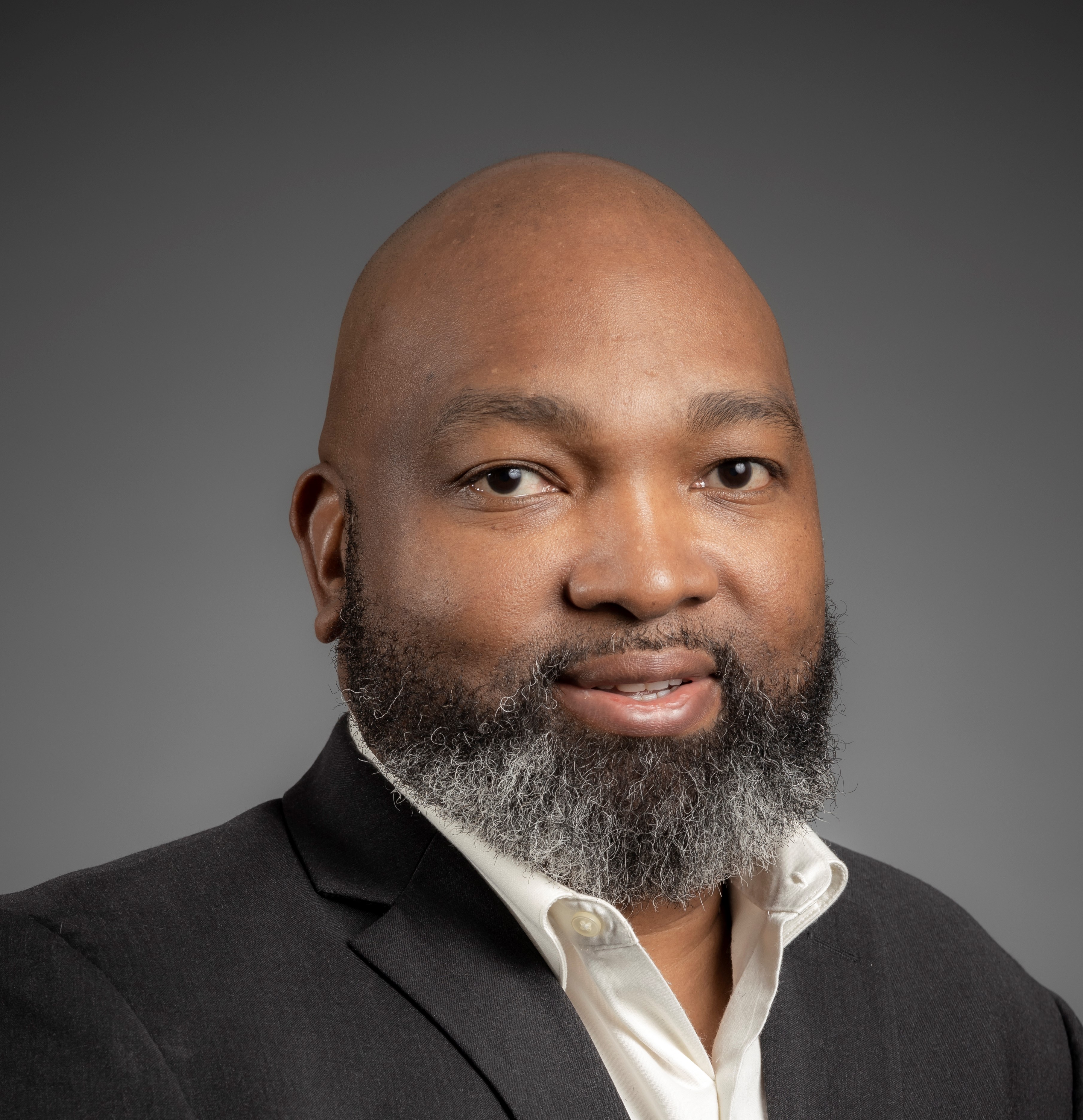Keynote Speakers
Adam Czajka, Ph.D.

From Cradle to Grave Biometrics: Forensic Iris Recognition
Abstract: Hollywood's favorite biometric attack often involves an eye plucked from its socket and presented on a stick to an iris camera. But... can this attack actually succeed in reality? Can we use iris patterns to recognize humans after death? And if so, how long after death is this possible? Looking at the other end of life: can we apply iris recognition for newborns? Can we learn from human experts to develop iris recognition and presentation attack detection methods that generalize well to unseen data? Can we synthesize realistically-looking irises of non-existent identities and condition these models with specific anomalies to assist forensic experts in their work? Join Adam on a fascinating biometric journey that starts at birth and ends after death. Along the way, we'll try to find answers to the above questions, supported by the latest research advancements in forensic iris recognition.About Dr. Czajka: Adam Czajka is an Associate Professor in the Department of Computer Science and Engineering at the University of Notre Dame, and the Director of the AI Trust and Reliability (AITAR) Lab, with over 25 years of professional experience in biometrics, security, and machine learning. His primary research interests focus on the reliability of biometric recognition, recently emphasizing modern artificial intelligence methods. Czajka is generally fascinated by a wide range of research in computer vision and machine learning, as well as the non-obvious intersections with psychology, medical sciences, and art, which often involve high-risk but high-reward outcomes. His research has been funded by the US National Science Foundation (NSF CAREER award), US Department of Defense, US National Institute of Justice, FBI Biometric Center of Excellence, NIST, IARPA, US Army, European Commission, Polish Ministry of Higher Education, and various companies.
Michael King, Ph.D.

False Matches, Real Consequences: Reimagining Face Recognition for a Just Future
Abstract:Despite significant advances, face recognition (FR) technology suffers from critical gaps—particularly under operational conditions where image quality degrades, demographic differentials emerge, and adversarial manipulations threaten system integrity. These technical limitations are not mere statistical artifacts; they have real-world consequences, from wrongful arrests to missed investigative opportunities. Drawing on empirical research and case studies, this keynote highlights three central challenges: the degradation of performance under poor imaging conditions, the need for consistent and representative evaluation protocols, and the vulnerabilities introduced by generative AI.
In this talk, I will propose a vision for building FR systems that are both operationally robust and ethically grounded. Protecting the vulnerable and empowering investigative work requires better algorithms and new standards for deployment and governance. By reimagining face recognition with transparency, fairness, and accountability at its core, we can move toward systems that are not just more accurate but also more just.
About Dr. King: Michael King is an Associate Professor in the Department of Electrical Engineering and Computer Science, and a Research Scientist for the L3-Harris Institute for Assured Information at the Florida Institute of Technology, and has served in this role since August 2015. Before joining academia, Dr. King served fourteen years as a scientific research/program management professional in the United States Intelligence Community. While in government, Dr. King created and managed research portfolios covering various topics related to biometrics and identity. He crafted and successfully led the Intelligence Advanced Research Projects Activity’s Biometric Exploitation Science and Technology Program to transition technology deliverables to over 40 Government organizations. As a subject matter expert in biometrics and identity intelligence, Dr. King has been invited to brief the Director of National Intelligence, Congressional staffers and science advisers, the Defense Science Board, the Army Science Board, and the Intelligence Science Board. Also, he served as the Intelligence Community Department Lead to the White House Office of Science and Technology Policy's (OSTP) National Science and Technology Council Subcommittee (NSTC) on Biometrics and Identity Management. Dr. King received his Ph.D. in Electrical Engineering from North Carolina Agricultural and Technical State University.